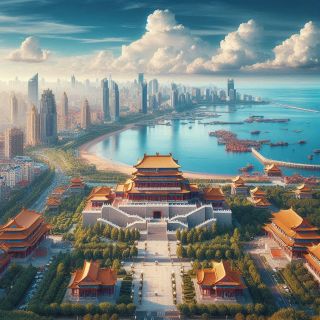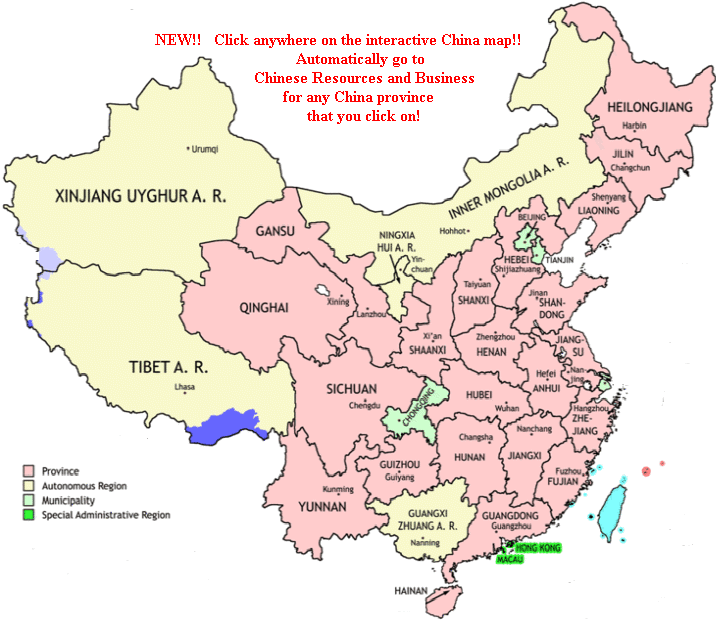|
|
Chemistry | Definition, Topics, Types, History, & Facts | Britannica
Cooking, fermentation, glass making, and metallurgy are all chemical processes that date from the beginnings of civilization. Today, vinyl, Teflon, liquid crystals, semiconductors, and superconductors represent the fruits of chemical technology.
Chemical compound | Definition, Examples, & Types | Britannica
All the matter in the universe is composed of the atoms of more than 100 different chemical elements, which are found both in pure form and combined in chemical compounds.
Chemical reaction | Definition, Equations, Examples, & Types - Britannica
Substances are either chemical elements or compounds. A chemical reaction rearranges the constituent atoms of the reactants to create different substances as products.
Chemical element | Definition, Origins, Distribution, & Facts | Britannica
A chemical element is any substance that cannot be decomposed into simpler substances by ordinary chemical processes. Elements are the fundamental materials of which all matter is composed. Learn more about the origins, distribution, and characteristics of chemical elements in this article.
Chemical formula | Definition, Types, Examples, & Facts | Britannica
Chemical formula, any of several kinds of expressions of the composition or structure of chemical compounds. The forms commonly encountered are empirical, molecular, structural, and projection formulas.
Chemical industry | Overview, Importance, & History | Britannica
Chemical industry, complex of processes, operations, and organizations engaged in the manufacture of chemicals and their derivatives. Raw materials include fossil fuels and inorganic chemicals.
Chemical bonding | Definition, Types, & Examples | Britannica
This article begins by describing the historical evolution of the current understanding of chemical bonding and then discusses how modern theories of the formation of chemical bonds have emerged and developed into a powerful description of the structure of matter.
chemical energy - Kids | Britannica Kids | Homework Help
The chemical energy in food is converted, or changed, by the body into moving mechanical energy and heat energy. People have invented ways to use the chemical energy of substances to power machines.
Chemical reaction - Energy, Reactants, Products | Britannica
Chemical reaction - Energy, Reactants, Products: Energy plays a key role in chemical processes. According to the modern view of chemical reactions, bonds between atoms in the reactants must be broken, and the atoms or pieces of molecules are reassembled into products by forming new bonds.
Bismuth | Properties, Uses, Symbol, & Facts | Britannica
The principal chemical application of bismuth is in the form of bismuth phosphomolybdate (BiPMo 12 O 40), which is an effective catalyst for the air oxidation of propylene and ammonia to acrylonitrile.
|


